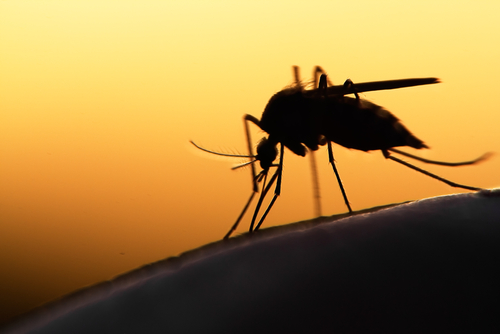
An Upstate Medical University research team recently began utilizing a social-ecological systems (SES) approach to study mosquito-borne viruses such as Zika, chikungunya and dengue fever.
The SES approach builds upon new information as it becomes available to the multi-disciplinary research team to develop effective policies, technologies and management strategies to combat the spread of the viruses.
Upstate Medical University researcher Dr. Anna Stewart Ibarra said that the study sheds light into how and why the viruses continue to spread. Stewart Ibarra added that the study outlines steps that need to be taken to prevent the spread of the viruses, with some recommendations as simple as ensuring access to municipal public services and utilities.
“Major advances are being made with nanotechnology, such as low-cost point of care diagnostics using iPhones and smarter urban planning and design of mosquito-proof housing,” Stewart Ibarra said. “It is also worth noting that the public health sector in El Oro Province was able to effectively eradicate malaria in 2011 through effective intersectoral collaboration, operational research to monitor drug and insecticide-resistance, binational partnerships with the public health sector in Peru, and strong surveillance systems. These studies indicate the importance of policy-relevant research that can be translated to strengthen the design, implementation, and evaluation of new innovative strategies that reflect local realities.”
Findings from the study were published online in the journal UGEC Viewpoints.




